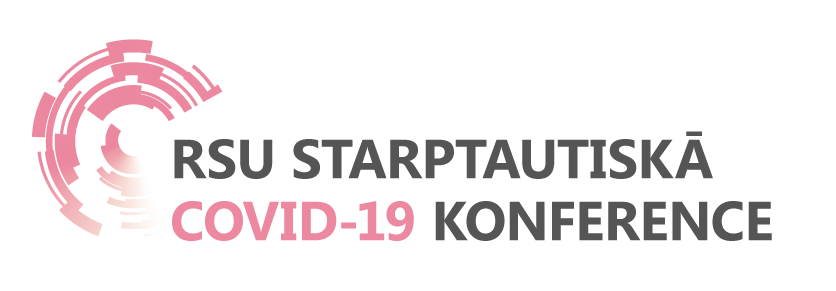
Jurģis Šķilters
Professor Jurģis Šķilters is the Chair and Senior Researcher at the Laboratory for Perceptual and Cognitive Systems at the Faculty of Computing, University of Latvia.
His main research interests are visual perception, spatial cognition, links between different perceptual domains, emotions, mathematical modelling of spatial and socio-spatial processes. After obtaining his doctoral degree from the University of Mainz, Germany, he has been conducting research and lecturing in several countries (Latvia, Italy, USA, Israel, Norway, Belgium to mention just a few). He has been visiting professor in USA and Italy. During the last 15 years, he has been a director or co-director of several large international European and transatlantic research projects.
Prof. Šķilters is the founder of the first international Cognitive Sciences center in the Baltic region. He is author or co-author of more than 100 peer reviewed publications and volumes. Most recently (2020) he has co-edited (together with Nora Newcombe and David Uttal) Spatial Cognition XII (Lecture Notes in Artificial Intelligence 12162; Springer Nature) and together with Michael Glanzberg he co-edited Linking Senses: Cross-Modality in Perceptual Domains. Manhattan, KS: New Prairie Press.
He is recipient of University of Latvia Research Prize 2021, and has been among the most distinguished theses’ supervisors in the field of Computer Science in Latvia (Accenture / RTU Award 2021). 2020 he delivered Whitehead Lecture in Cognition, Computation and Culture at Goldsmiths College, London.
Conference talk
Impact of COVID19 on the olfactory and spatial perception: clinical aspects and disorders of psychosomatic health and life quality.
Authors: Jurģis Šķilters; co-authors: Līga Zariņa, Jānis Mednieks, Solvita Umbraško
The impacts of COVID19 have been widely explored in variety of medical and psycho-social areas. However, less explored are perceptual and cognitive processes, their interrelations and their neural correlates. In our talk, we will be providing an in-depth overview of recent findings in olfactory perception and spatial cognition regarding the impacts of COVID19.
Our talk will cover recent findings and converging evidence from different research groups and labs indicating that COVID19 has substantial impacts on life quality by generating anosmic or parosmic effects that further shapes human emotion regulation and well-being and frequently generates complex depressive disorders. Results from a novel study conducted in Latvia will examine cross-modal links between the representation of olfaction and vision and differences in case of COVID19. Finally, a different set of results from a study conducted in Latvia indicates that COVID19 impairs visuospatial abilities; this result is linked with findings indicating deterioration in attentional processes after COVID19. Consequences of olfactory and spatial impairments will be discussed in a unified framework.
Photo by Toms Grīnbergs


